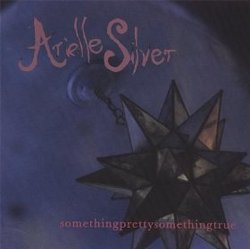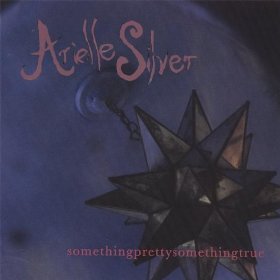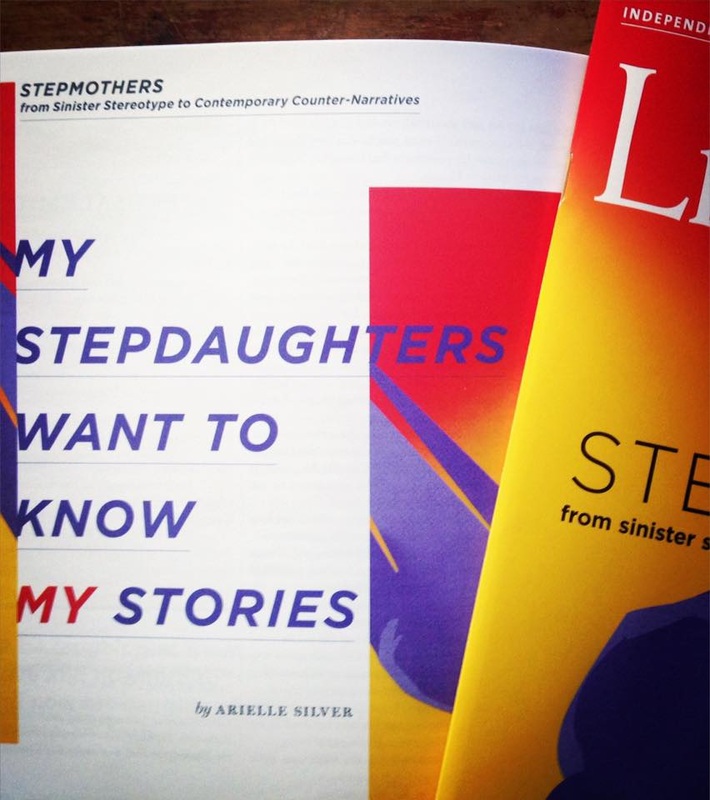 I should mention straightaway that as I write this, I'm listening to the magnificent Lori McKenna and her beautiful new record. In the '90s, every time she played Club Passim in Harvard Square, I'd sit in the dark listening room, tears streaming down my face at her shaky alto and plain-speak songs. I'm not crying now, but I am remembering... Ten years ago, I drove across the country in a vegetable-oil-fueled van full of instruments and hopes. At the height of summer, my band (me, Scott on drums, and Jeremy on bass) had been on the road for a few months, sleeping on couches and floors of -- can we just call those people angels? -- angels, who gave us shelter, food, and good words of encouragement. By July 2006, we'd played shows almost every night through New England and down the eastern seaboard (new tires in Maryland) to Atlanta (where fans donated so much oil-fuel we nearly floated away), across the belly of the south, over the Mississippi River into Arkansas (new windshield), down to Texas (a week dodging tumbleweeds and drinking Shiner Bock), into Arizona for my mother's partner's birthday party where we were the house band. We played shows into California, and at the end of July, more than three months after leaving Boston, we rolled into a full moon-lit Los Angeles, and I saw the Pacific Ocean for the first time. I stood on the edge of the continent, alone, digging my toes into the sand of El Matador State Beach, waves swirling around my ankles, giant boulders silhouetted by the moon, the strumming of a far-off acoustic guitar. I couldn't take my eyes off the moon. If I said a prayer, it must have been one for illumination. I was 31 and had been wanderlust-dreaming for at least a decade. For so long, I'd wanted the life of a touring musician. Yet, after more than 3000 miles, I found that life on the road was not for me. I couldn't write rumbling over freeways. I couldn't sleep well in a different town every night. I needed time alone. And I wanted to cook a meal in a familiar kitchen, and eat fresh vegetables. It took the Veggie Mobile until November to get back to Boston, via Iowa (more loving than I had ever imagined), Ohio (more beautiful), Wisconsin (more lonely). Milwaukee was, to me, the bottom of the barrel: We played to an empty club and then slept on the beer-soaked barroom floor till morning. By Rochester, New York, Jeremy and I were barely talking; it must've been around Montpelier, Vermont that I had the first inklings that our time on the road was nearing an end. The night we played our official release party for Something Pretty Something True, we unpacked our gear at The Lizard Lounge on Mass. Ave in Cambridge, one of my favorite clubs to play. The show was a phenomenal success: Elizabeth & the Catapult opened, and we sold out the club. All I remember, though, is feeling blurry, broken, and strung out. A day or so later, on a stage in New Hope, PA, I choked back a storm of tears and left the stage unable to sing another word. We dropped Jeremy off in Virginia, and I've not seen him since. Scott and I crashed his parents' peaceful house on the edge of the Chesapeake Bay to reassess. Though I'd never knitted a thing in my life, in those six weeks I made eleven purses out of purple and green yarn in a sort of desperate healing convalescence. I was trying to knit myself back together, but it took years to strum my guitar again, years before I again found my voice. Recently I played Something Pretty, Something True, and now I can't get enough of it. The way Chris flipped the guitars backwards on "Pull And Push." The muted trumpet on "5pm Busk." The boisterous clarinet on "Missing You." The everything on "Prefer You Were A Girl." Ten years later, I am still proud of that record. I'm still grateful to Passion Records and Chris Florio and all the amazing players - Scott Manley, Mariana Iranzi, Andy Eggleston, Lindsay Mac, Adam Ollendorff, Forbes Graham, and Hammersing. A few CD copies of Something Pretty are still available for order on the music page and of course it's downloadable at iTunes. No pretty pictures, but the music rocks.
0 Comments
When I became a stepmother, I searched everywhere for stepmother stories, deep ones that share honest truths, beyond the binary opposition that alternately deems stepmother or (as backlash) mother "wicked." I explored the narratives in my MFA critical thesis, which was recently honored with the 2016 Antioch University Los Angeles Library Research Award, and in the final section of my memoir about love and mothering, Shiva: A Memoir Concerto, which I'm now beginning to send out to literary agents. (I recently got my first rejection; remind me to tell you about it another time.)
The fact is, being a stepmother is perhaps the most nebulous of family roles. We have little preparation time, few helpful resources, and a wicked reputation as our only role model. I sensed all of this subconsciously from the moment I moved in with my now-husband and now-kids, but amid learning my new role as a parent, I also had to unlearn everything I thought I knew about being a mother. Stepmothering is mothering, but has its own beauty, its own challenges, its own rewards. To understand it, we women cast in this role must first cast off the shrouds of too many cultural tropes -- those of stepmother, of mother, and, at their foundation, what it means to be a woman in the world. We must deconstruct our very selves. Last night, as I tucked Shiloh into bed, she and I began talking about names. She's preparing to rewrite the fantasy novel she began in third grade (she'll enter seventh grade in September). That book of hers, and the way Shiloh woke early every morning to work on it, inspired me to write my own book. Writing and love of story is something she and I share. Last night in the dark, we ran through names of characters. Indiana, River, Ximena, Madalily, Celestia. As she searched in the dark for a pencil to jot them down, we talked about names from Shakespeare -- Tatiana, Ophelia, Miranda, Ariel -- which led to talk of The Little Mermaid and the fairy tale origins of some of the most beloved Disney films. She's read some of those pre-Disney tales, and knows how gruesome and dark they are. I told her about how the stories were original tavern and spinning room tales, not meant for children. They were entertainment before television, with all the twisted characters and fearsome plots that we now see on the big screen. The Brothers Grimm in Germany and Charles Perrault in France captured the regional yarns from travelers passing through, and wrote them down. Over time, especially through the work of the Grimms', the tales softened enough to bring into the nursery. The rest, as they say, is history, because the easy "Once upon a time... happily ever after" format and simple archetypes moved away from drinking stories into bedtime stories into Disney blockbusters. "Through all these changes, do you know which character remained bad?" I asked Shiloh, smoothing the blanket over her shoulder. "Who?" she asked. "The stepmother," I said. "They're always evil." "I'm going to write a good stepmother story," she said. "Me too." Some of my work on stepmothers has recently ended up as the new issue of Lilith Magazine's cover feature story on Stepmothers. If you have or are a stepparent, or have biological kids who have stepparents, this is for you. I hope you'll share it with the stepmothers in your life. I'm grateful to Lilith for bringing this underappreciated family member front and center, and honored to have my work contribute to the small body of work on this topic. www.lilith.org |
Archives
May 2019
Categories
All
|

